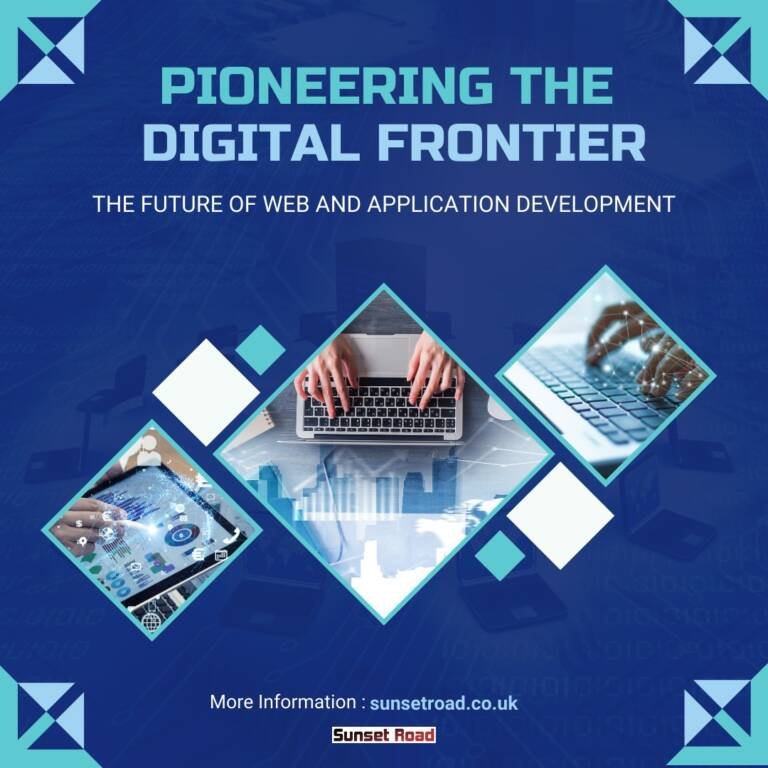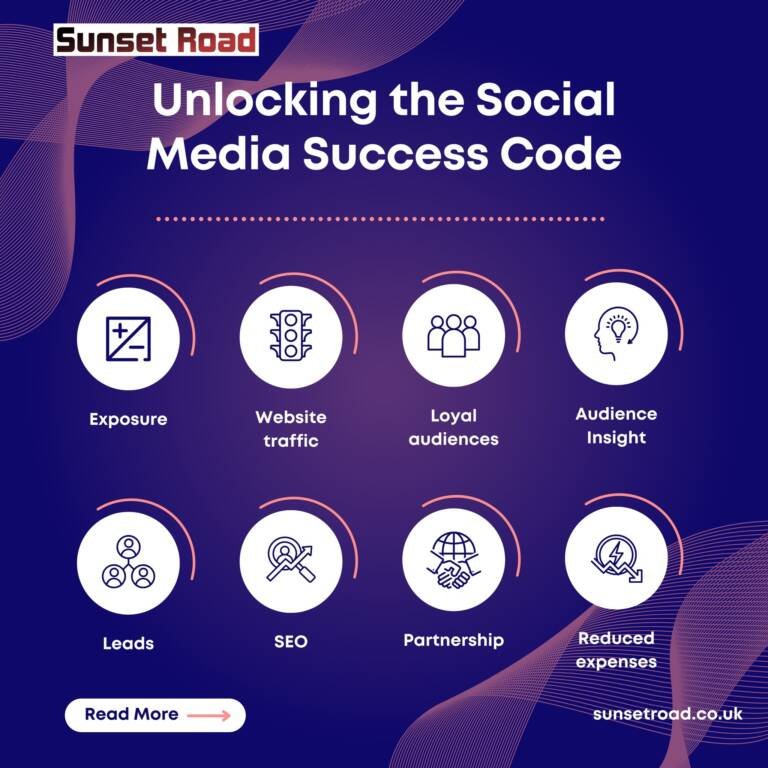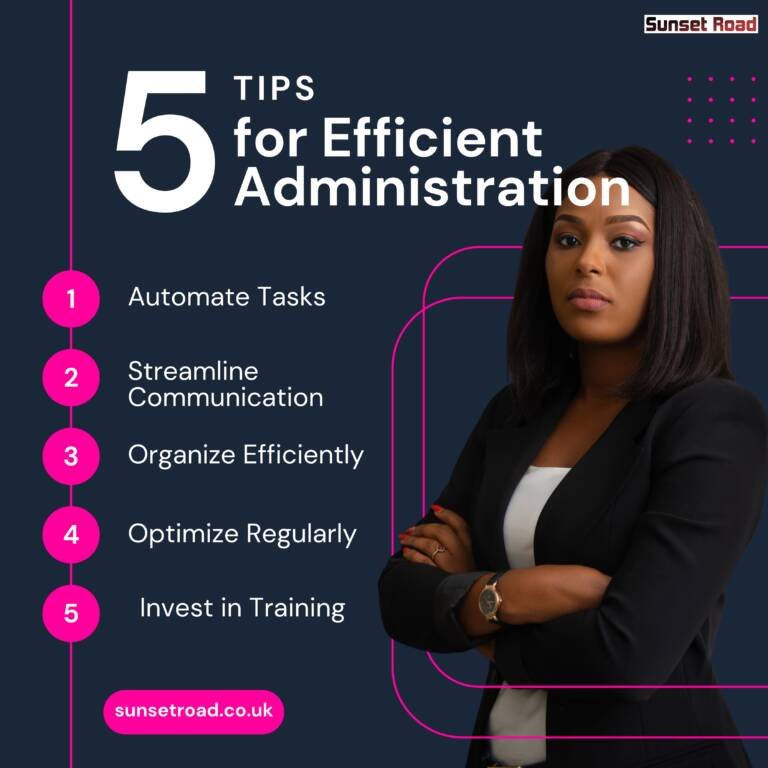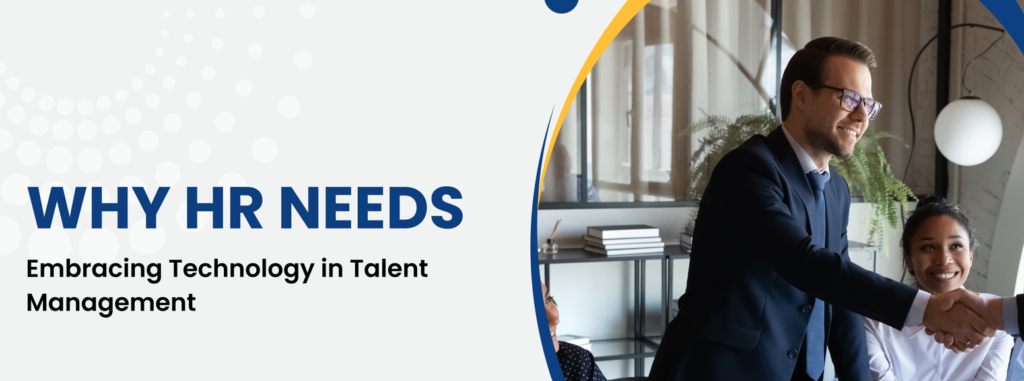
In the dynamic landscape of the modern workplace, the integration of technology in human resources (HR) has revolutionized talent management. Embracing technological innovations allows HR professionals to streamline processes, enhance employee engagement, and make data-driven decisions. This blog explores the various ways technology is transforming talent management, highlighting key innovations, their impact, and real-world examples.
Cloud-Based HR Management Systems
Cloud-based HRMS platforms like Workday, BambooHR, and SAP SuccessFactors have become the backbone of modern HR departments. These systems centralize employee data, streamline workflows, and offer self-service options for employees and managers. For example, BambooHR provides a user-friendly interface where employees can update personal information, request time off, and access performance reviews, reducing the administrative burden on HR staff.
Recruitment and Onboarding
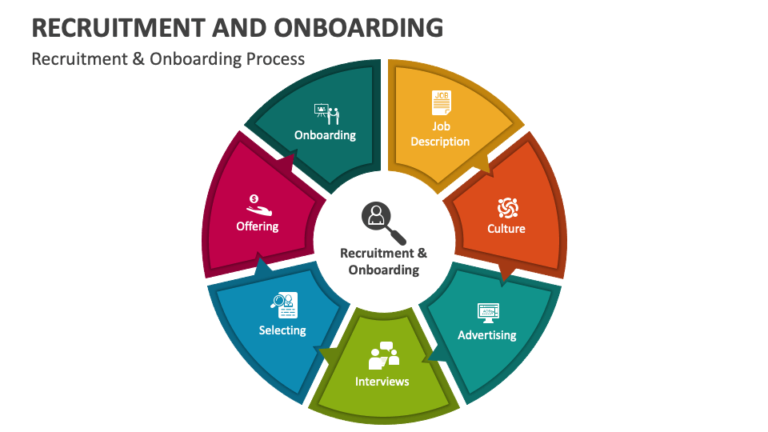
Technology has significantly improved the recruitment and onboarding processes, making them more efficient and effective. AI-driven applicant tracking systems (ATS) and video interviewing tools are now commonplace in talent acquisition.
AI-Driven Applicant Tracking Systems

Applicant tracking systems like Greenhouse and Lever use AI to screen resumes, rank candidates based on qualifications, and even predict their potential for success in the role. These systems save time and reduce bias by ensuring that only the most qualified candidates are considered. For example, Greenhouse’s AI-powered sourcing tool can scan social media profiles and professional networks to identify potential candidates who might not have applied otherwise.
Video Interviewing Tools
Video interviewing platforms such as HireVue and Zoom have transformed the interview process. These tools enable remote interviews, reducing the time and costs associated with in-person meetings. HireVue, for instance, uses AI to analyze candidates’ facial expressions, speech patterns, and word choices to assess their suitability for the role. This technology provides a more comprehensive evaluation of candidates, complementing traditional interview methods.

Performance Management and Employee Development
Performance management and employee development have also benefited from technological advancements. Continuous feedback platforms, e-learning systems, and data analytics tools are now essential components of HR strategies.
Continuous Feedback Platforms
Continuous feedback platforms like 15Five and Lattice allow for real-time performance reviews and goal tracking. These tools encourage ongoing communication between managers and employees, fostering a culture of continuous improvement. Lattice, for example, enables managers to set OKRs (Objectives and Key Results) and monitor progress in real time, ensuring alignment with organizational goals.
E-Learning Systems
E-learning platforms such as LinkedIn Learning and Coursera offer a wide range of courses for employee development. These systems provide personalized learning paths based on employees’ career goals and skill gaps. For instance, LinkedIn Learning’s AI-driven recommendations suggest relevant courses to employees, helping them acquire new skills and advance their careers.
Employee Engagement and Retention
Maintaining high levels of employee engagement and retention is crucial for organizational success. Technology plays a vital role in understanding and enhancing employee satisfaction.

Employee Engagement Surveys
Employee engagement platforms like Culture Amp and Qualtrics use data analytics to measure employee satisfaction and identify areas for improvement. These tools collect feedback through surveys, analyze the results, and provide actionable insights. Culture Amp’s engagement surveys, for example, offer a detailed analysis of employee sentiments, enabling HR to implement targeted initiatives to boost morale and retention.
Gamification in Employee Engagement
Gamification is another innovative approach to employee engagement. Platforms like Bunchball and Badgeville incorporate game-like elements into work processes, motivating employees and fostering a sense of achievement. Bunchball’s gamification solutions, for instance, use points, badges, and leaderboards to encourage employees to complete tasks and reach their goals, enhancing engagement and productivity.
Data-Driven Decision Making
Data analytics has become a cornerstone of effective talent management. By leveraging data, HR can make informed decisions, predict trends, and measure the impact of their initiatives.
Predictive Analytics
Predictive analytics tools like Visier and IBM Watson Analytics help HR professionals forecast future trends in workforce planning, employee turnover, and talent acquisition. Visier, for instance, uses historical data to predict which employees are at risk of leaving, allowing HR to take proactive measures to retain top talent.
People Analytics
People analytics platforms such as Tableau and Microsoft Power BI provide visual representations of HR data, making it easier to identify patterns and insights. These tools enable HR to analyze various metrics, from recruitment and retention rates to diversity and inclusion efforts. Tableau’s interactive dashboards, for example, allow HR to drill down into data and uncover actionable insights to improve talent management strategies.
Real-World Examples of HR Technology in Action
Several companies have successfully implemented HR technology to enhance their talent management practices. Let’s explore a few real-world examples.
Google: Data-Driven Recruitment
Google is renowned for its data-driven approach to recruitment. The company uses predictive analytics to assess the effectiveness of its hiring processes. By analyzing data from past hires, Google can identify the qualities and skills that predict success in various roles. This approach has helped Google reduce time-to-hire and improve the quality of its hires.
IBM: AI-Powered Employee Development
IBM leverages AI to enhance employee development and career progression. The company’s AI-driven platform, Watson Career Coach, provides personalized career advice to employees based on their skills, experiences, and career aspirations. Watson Career Coach also recommends learning resources and development opportunities, empowering employees to take charge of their career growth.
Unilever: Digital Onboarding
Unilever has transformed its onboarding process with the help of digital tools. The company uses a mobile app to guide new hires through the onboarding journey, providing them with essential information and resources. The app also includes interactive elements, such as virtual tours of the office and videos from senior leaders, helping new employees feel connected and engaged from day one.
The Future of HR Technology
As technology continues to evolve, the future of HR promises even more innovations. Emerging technologies such as blockchain, virtual reality (VR), and augmented reality (AR) are poised to further transform talent management.
Blockchain for HR
Blockchain technology has the potential to revolutionize various aspects of HR, from verifying credentials to ensuring data security. For instance, blockchain can be used to create immutable records of employee qualifications, making it easier to verify educational backgrounds and work experiences. This technology also enhances data privacy and security, addressing concerns related to sensitive employee information.
VR and AR in Training and Development
Virtual reality and augmented reality are gaining traction in employee training and development. VR simulations can provide immersive training experiences, allowing employees to practice skills in a realistic, risk-free environment. For example, Walmart uses VR to train employees on customer service and emergency procedures, resulting in improved performance and confidence. AR, on the other hand, can offer real-time guidance and support, such as overlaying instructions on equipment during maintenance tasks.
Conclusion
Embracing technology in talent management is no longer optional but a necessity for organizations aiming to stay competitive in today’s fast-paced business environment. From recruitment and onboarding to performance management and employee engagement, technological innovations are transforming every aspect of HR. By leveraging these tools, HR professionals can streamline processes, enhance employee satisfaction, and make data-driven decisions that drive organizational success.
The journey towards integrating HR technology is ongoing, with new advancements continually emerging. Organizations that proactively adopt and adapt to these innovations will be better positioned to attract, develop, and retain top talent, ensuring a thriving and dynamic workforce for the future.

